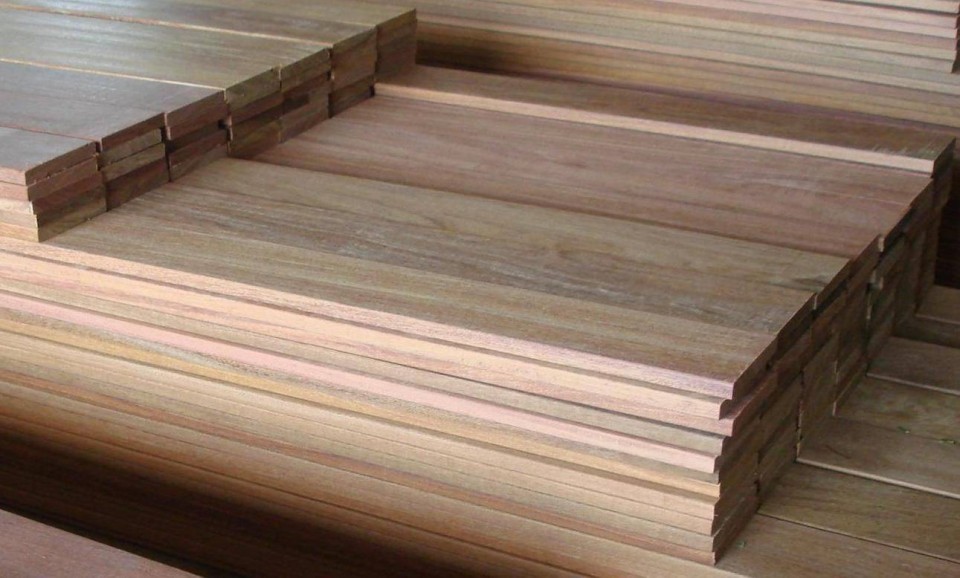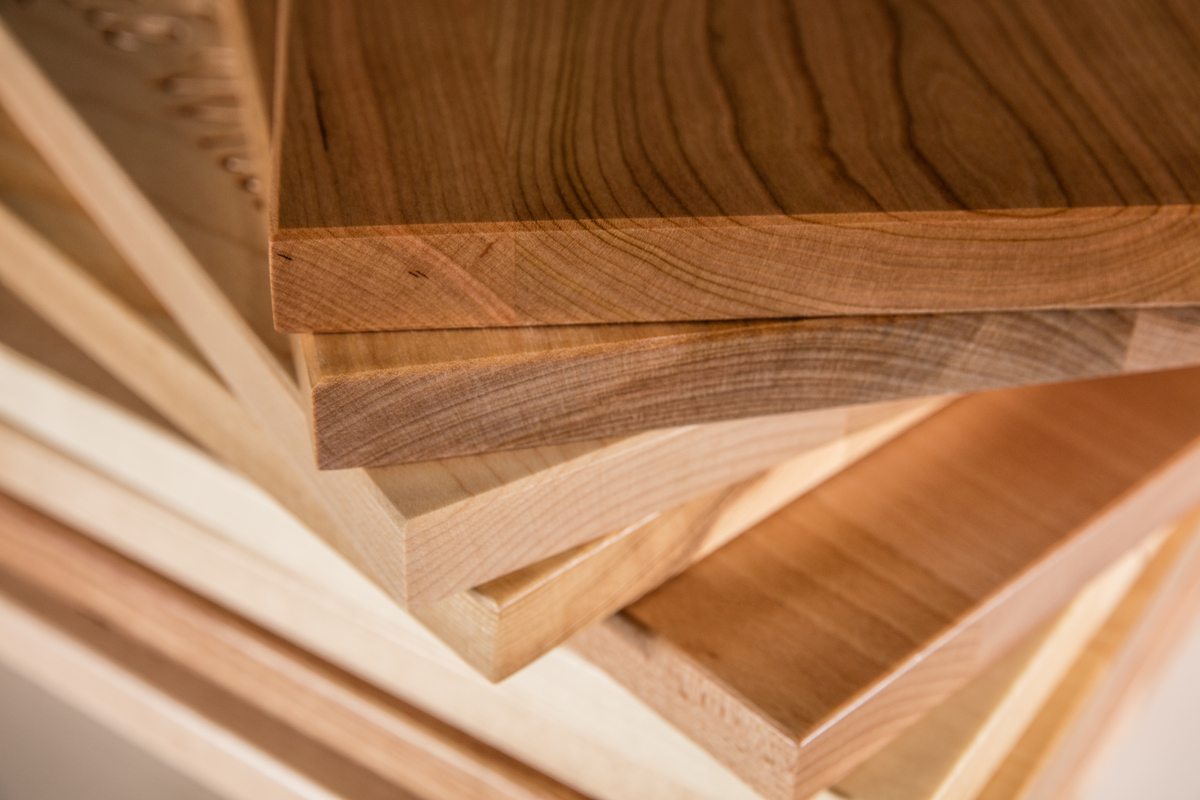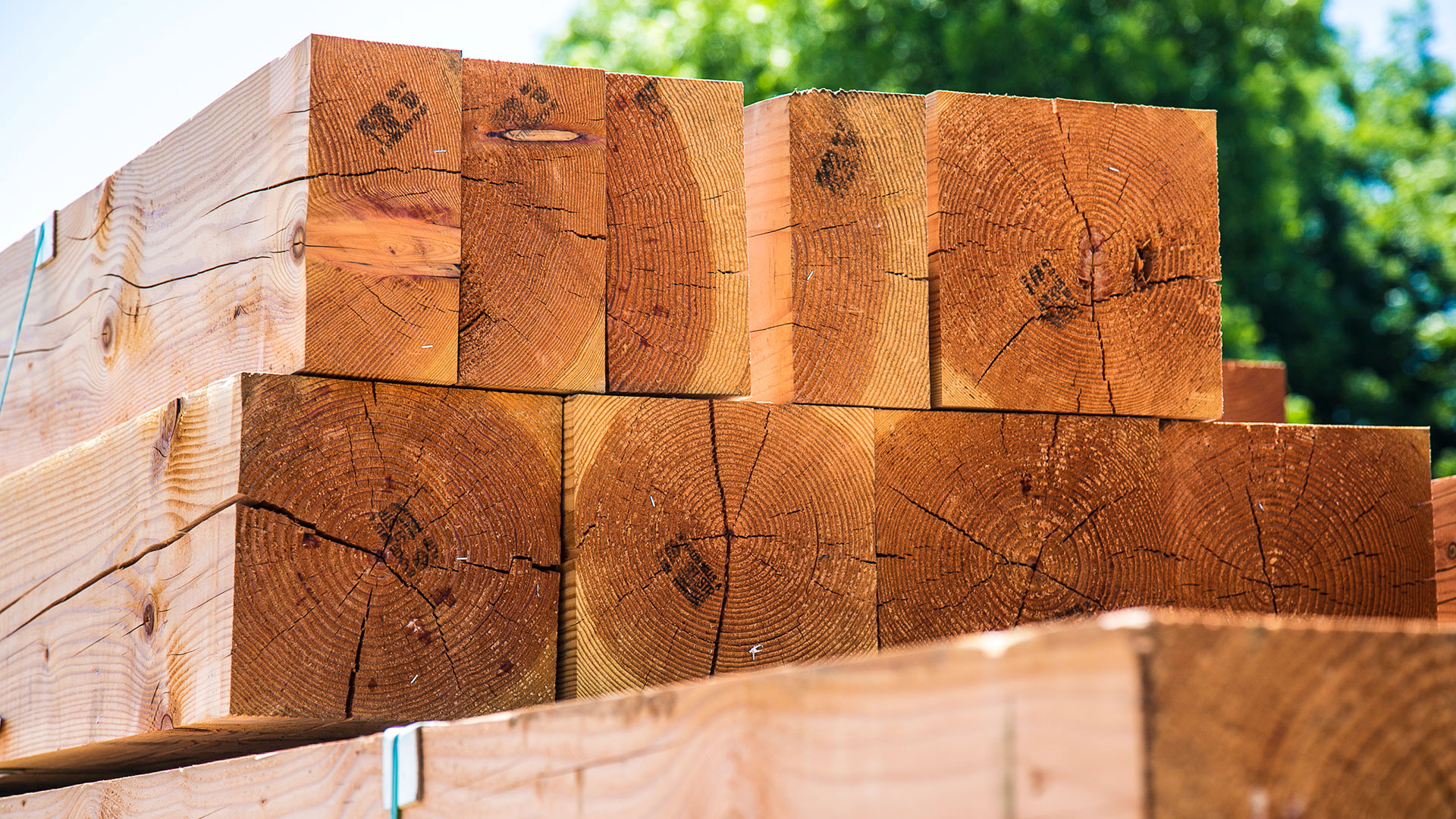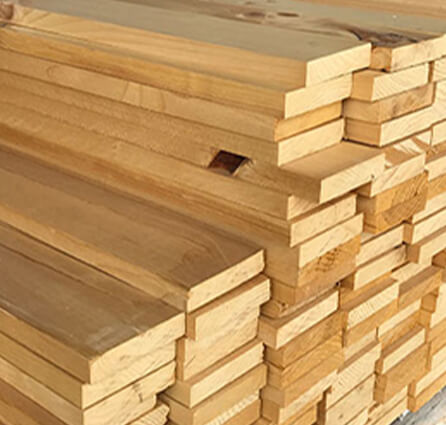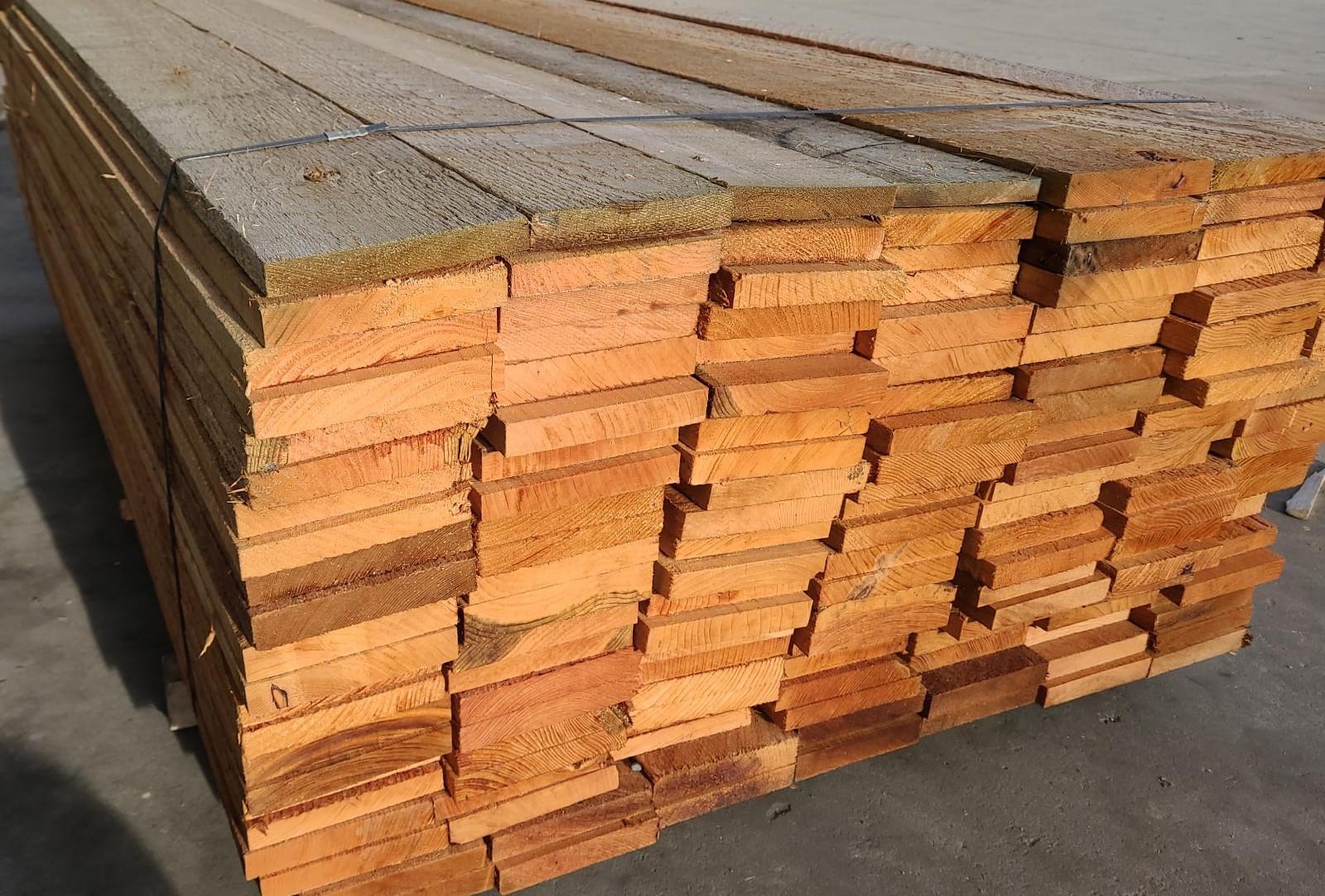Description
Here are some key points about tropical lumber:
- Diversity of Species:
- Tropical regions are home to a vast variety of tree species, each with its own unique qualities. Examples include mahogany, teak, ipe, merbau, and many more.
- Hardness and Durability:
- Many tropical hardwoods are known for their hardness, durability, and resistance to decay and pests. These characteristics make them desirable for outdoor applications like decking and furniture.
- Exotic Appearance:
- Tropical lumber is often sought after for its exotic and visually appealing characteristics. The wood can have rich colors, intricate grain patterns, and a natural luster that adds to its aesthetic appeal.
- Common Uses:
- Furniture: Tropical hardwoods are commonly used in the production of high-quality furniture due to their durability and attractive appearance.
- Decking and Outdoor Structures: The hardness and resistance to decay make tropical lumber popular for outdoor decking, as well as for constructing pergolas and other structures.
- Boatbuilding: Some tropical hardwoods, like teak, are highly prized for their use in boatbuilding due to their resistance to water damage and insects.
- Flooring: Exotic tropical hardwoods are often used for high-end flooring due to their durability and distinctive looks.
- Sustainability Concerns:
- The harvesting of tropical lumber has raised environmental concerns, particularly regarding deforestation and the impact on biodiversity. Unsustainable logging practices can lead to the depletion of valuable ecosystems and threaten endangered species.
- Certifications:
- Various certification programs, such as the Forest Stewardship Council (FSC), aim to promote sustainable forestry practices for tropical lumber. Products with these certifications indicate that they come from responsibly managed forests.
- Legal and Regulatory Challenges:
- The trade of tropical lumber is subject to international regulations aimed at preventing illegal logging and promoting sustainable practices. Buyers and sellers are often required to comply with these regulations to ensure the legality and sustainability of the wood.
It’s important for consumers and industries to be aware of the environmental impact of tropical lumber and to choose products that adhere to sustainable and ethical practices. Certification programs and responsible sourcing are crucial for mitigating the potential negative effects of tropical lumber harvesting on ecosystems and local communities.


